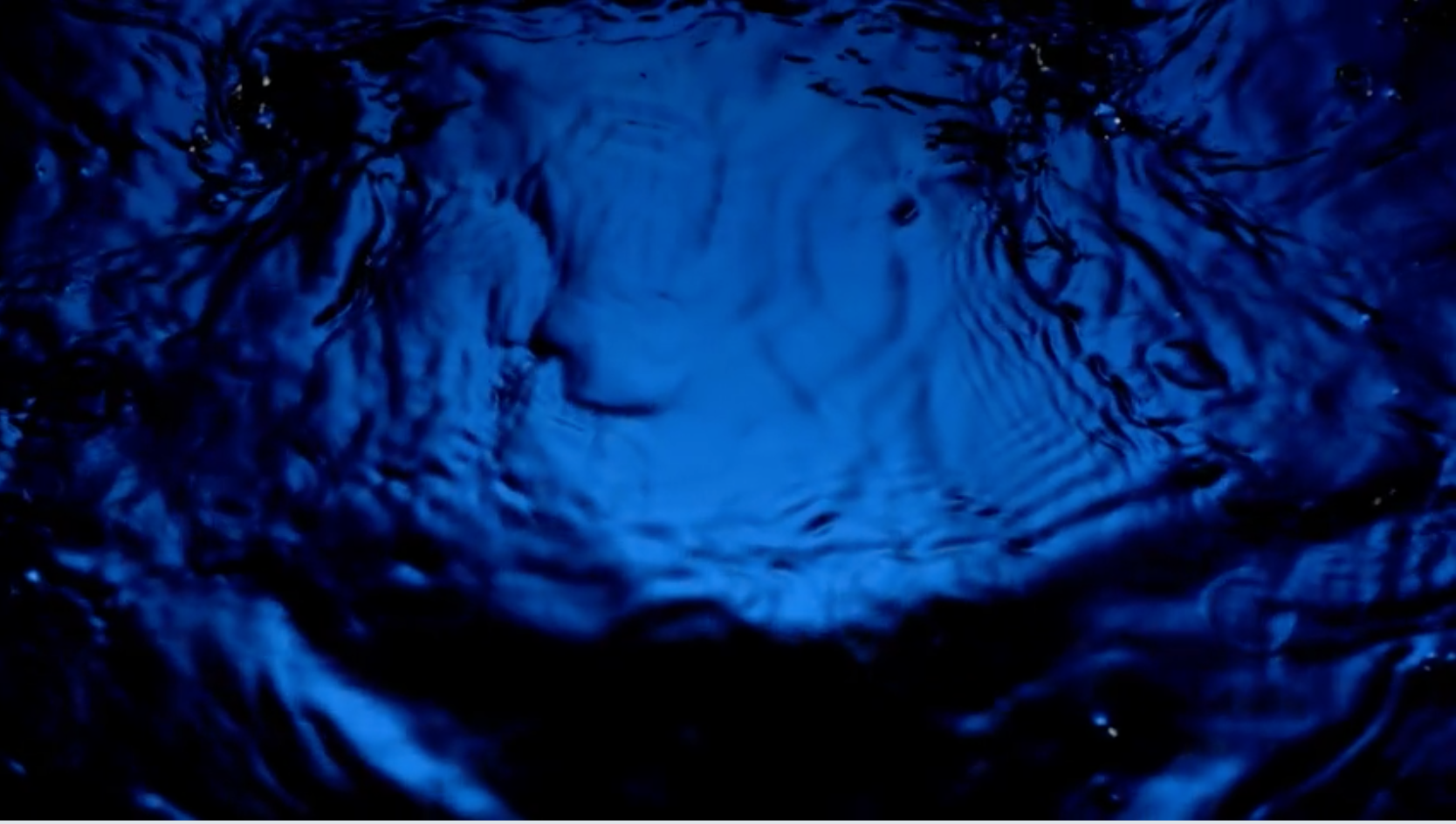
Tattoo Care
Recommended ointments: Bepanthene Merhem, Bephanthene Plus, A&D Ointment, Aquaphor, specialized tattoo care cream, Fuciden Pomad
-
FOR ONE WEEK: no swimming, no suntanning, no sports (nothing that will make you sweat more than normal/ no sport salons!). Apply a thin layer of ointment (with a clean hand) at least 3-5 times a day or once every 2 hours. Keep tattoo moisturized to prevent thick scabs from forming.
-
Your tattoo will likely form a thin scab, which will fall off about a week later. DO NOT pull off the scabs- let them fall off on their own. Picking at scabs can remove ink from the tattoo and cause scarring.
-
We recommend you do not shower during the first 24 hours after getting tattooed. After the first day you may shower, but the tattoo must be covered. For small tattoos (0-10 cm) a thick layer of vaseline is usually enough protection. For larger tattoos (10+ cm), apply ointment, then wrap the area generously with plastic wrap (stretch film). After showering, make sure the tattoo is clean and completely dry (blot dry with a clean paper towel) before applying fresh ointment.
-
For large tattoos: Tattoos covering a large area will let out some blood and extra ink during the first few days. If your tattoo seems dirty, purple or very red around the edges, or especially painful, you may gently wash your tattoo with cold water and an antibacterial handsoap. Wash gently with a clean hand, avoid excess water/ holding it under the tap. After washing, blot dry with a clean paper towel, wait 5-10 minutes completely dry, then apply fresh tattoo cream. We do not recommend washing more than 2 times. If you are afraid your tattoo might be infected, contact us or your doctor as soon as possible.
-
Large tattoos can be covered with plastic wrap for the first two nights (to prevent it from drying out, and to keep clothing, dust, etc. from sticking to it), or if clothing must be worn over it for a long period of time. However, do not keep your tattoo covered all day- it needs air to heal.
-
SUPRASORB: If we have applied a thin clear bandage, do not remove it for 7 days. You do not need to use and ointment or cream. It is normal for your tattoo to look blurred or darkened, due to the extra ink- it will return to normal when the bandage is removed. You may shower, but we recommend you wrap stretch film over the area to prevent the bandage from opening. If the bandage comes off before one week, continue with bepanthene or another ointment until the week is finished. Do not remove the bandage before 7 days- it will remove the scab forming over the tattoo. After removing the bandage, clean thouroughly with soap and water, then apply moisturizer.
Piercing Care
For at least one week, or until pain when touched subsides: You must clean your piercing at least twice a day (morning and night), as well as after showering. NO POOLS, swimming in salt water is ok, but be sure to clean your piercing afterwards.
-
Clean front and back of piercing and surrounding area with salt water. You may mix it yourself at home, or buy a nasal spray from the pharmacy (Okyanus suyu).
-
After cleaning thouroughly, apply a small amount of Fuciden Pomad to both the front and back of the piercing.
-
If there is scab, you may remove it, but the piercing must be cleaned immediately after.
-
Cartilidge piercings (upper/inner ear, nose) can take a longer time to heal. Healing time changes quite a bit from person to person, and care should be continued until no pain is felt when piercing is touched or moved.
-
New piercings close very fast! If you remove your piercing within the first week, you will not be able to put it back in. If your piercing falls out, replace it as soon as possible. It can close in a matter of hours if it is not fully healed. Do not attempt to change the piercing before it is healed (we recommend you wait at least 15-30 days). During the first year, especially with cartilige piercings, the hole may close in hours or days if you take the piercing out.
-
If there is excessive swelling, redness, or puss, or if the piercing grows into the skin, contact us or your doctor immediately.
